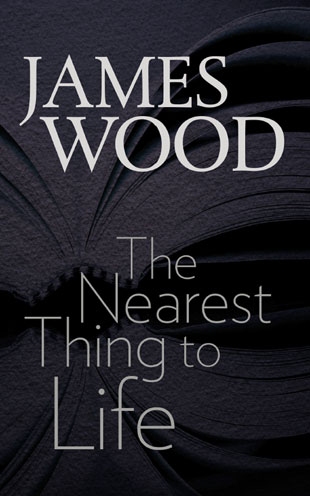"To read [a] novel is to be constantly moving between secular and religious modes, between what could be called instance and form. The novel's secular impulse is toward expanding and extending life; the novel is the great trader in the shares of the ordinary. It expands the instances of our lives into scenes and details; it strives to run these instances at a rhythm close to real time. Think of the way that Henry James devotes an entire chapter, in The Portrait of a Lady, to the five or six hours that Isabel Archer sits in a chair, thinking about the failure of her marriage. Forty-five years later, Mrs. Ramsay, in To the Lighthouse, will be sitting by the window, thinking about her children, about her husband, about all sorts of different things, and will forget that she is supposed to stay still, because Lily Briscoe is painting a portrait of her. Mrs. Ramsay, in effect, forgets that she is at the center of a portrait, forgets that she is at the center of a novel, forgets that she is a heroine. This is a kind of secular forgetting: the novel is so full of its own life that human life seen under the eye of eternity — that is to say, life as death — has been carelessly banished. Death will roar back, but not yet, not now.
"When the novel is in this forgetful secular mode, it wants its characters to live forever. It cannot understand that they must die. Remember how reluctantly, and almost casually, Cervantes says farewell to his Don Quixote, who has been on his deathbed, and who has, at the last moment, renounced his knight errantry. He calls for Sancho Panza, and asks for forgiveness. 'Don't die, senor mio,' is Sancho's tearful response. Don Quixote makes his will, lives another three days, and then, 'amidst the tears and lamentations of everybody present, gave up the ghost; by which I mean to say he died.' The poverty of the language, its near clumsiness and refusal to expand into sentiment, is very moving, as if Cervantes himself was surprised by the event, and is overcome with wordless grief at the passing of his creation.
"But the novel's eternal or religious mode reminds us that life is bounded by death, that life is death-in-waiting. What makes the mode religious is that it shares the religious tendency to see life as bounded, already written — hence John Donne's characterization of our lives, in his sermon on the book of Job, as a sentence already written by God: 'Our whole life is but a parenthesis, our receiving of our soul, and delivering it back again, makes up the perfect sentence; Christ is Alpha and Omega, and our Alpha and Omega is all we are to consider.' In this mode, the novel does as God vouchsafes to do in Psalm 121: 'The Lord shall preserve thy going out and thy coming in.' It teaches us about the relation of instance to form. That is an achievement, because most of us find it difficult to apprehend the form of our lives. We are just getting through the instances — eating breakfast, going to work, earning a living, making sure the children get to school, and so on. Even when the instances are joyous — falling in love, say — especially when the instances are joyous, time goes slack and we are not able to see, in our great relaxation, the shape of our moments, their beginning and ends, their phases and periods. We are condemned to understand our going out and coming retrospectively, as if we were rowing a boat, clear-eyed only about the distance we have already covered."
